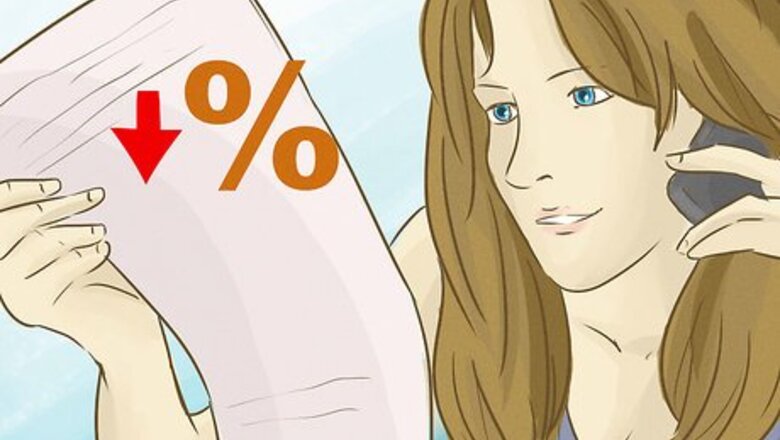
views
Handling Your Credit Card Debt
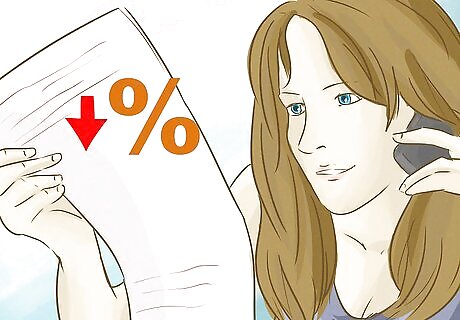
Lower your interest rates. If you have good credit, contact the credit card companies and ask to have your rate lowered. That's an excellent way to lower your interest expenses and will save you money every month.
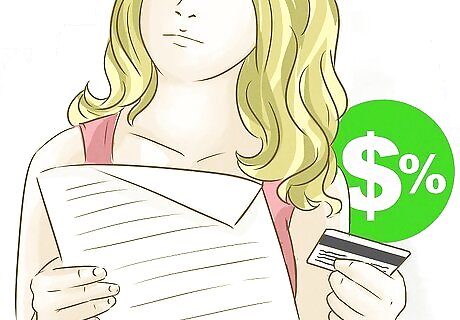
Pay off your high interest credit cards first. If you can't get your interest rate lowered on some high interest credit cards, then pay those off first. That way, you'll reduce your interest expense over time by lowering the balance on those cards.
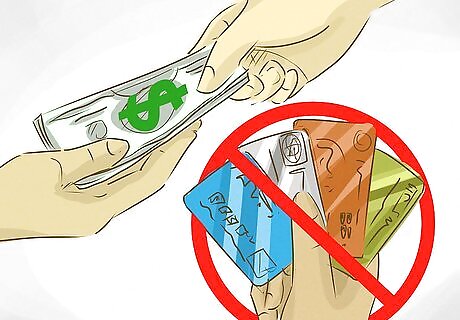
Consider a debt consolidation loan. If your credit is good, you can consolidate your credit card debt into one debt consolidation loan. You'll find that it's easier to manage one payment per month than many payments. Plus, it's often the case that debt consolidation loans have a lower interest rate than credit cards.
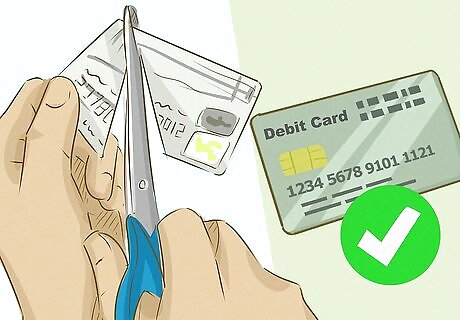
Stop using credit cards. To ensure that you get out of debt, you'll need to stop increasing your debt. Switch from a credit card to a debit card so that the money you spend goes out of your account immediately.
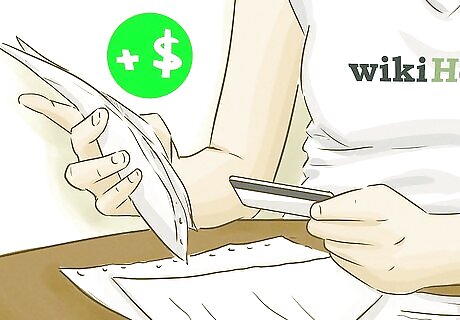
Pay more than the minimum when possible. Credit card payments are structured to keep the cash flowing to the credit card companies for as long as possible. Avoid falling into a trap that hurts your financial position and helps your creditors by paying off more than the minimum payments whenever you can.
Managing Your Money
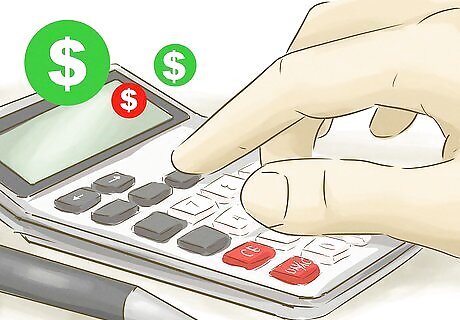
Create a budget. If you're serious about getting out of debt, you need to track your income and expenses, so that you can discipline yourself to spend only what's necessary for any given month. Make a list of all your sources of income. Include every way you earn money, whether it's from your job, investments, interest income, etc. Tally your various income streams by month. Make another list of your monthly expenses. Be sure to include everything you pay for every month, including utilities, groceries, gas, eating out, tuition, etc. Tally these expenses by month as well. Subtract your monthly expenses from your monthly income. If you have more income than expenses (and that should be the case), then the remainder is your discretionary income and can be used for debt relief or savings. Every month, be sure to stay within your budget. If you go outside of your budget, you'll have less money for debt relief or savings.
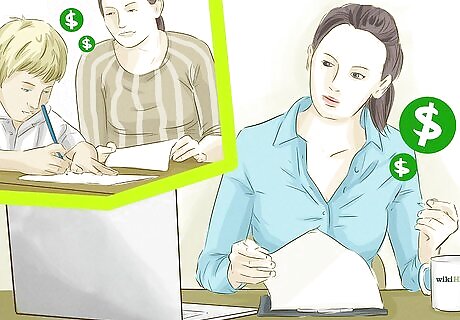
Earn more money. To tackle your debt effectively, you're going to need more income. You can do that by either getting a second job (if you're a salaried employee) or earning more commissions (if you're in sales). Yes, this will take time away from your personal life, but it's necessary to get out of debt.
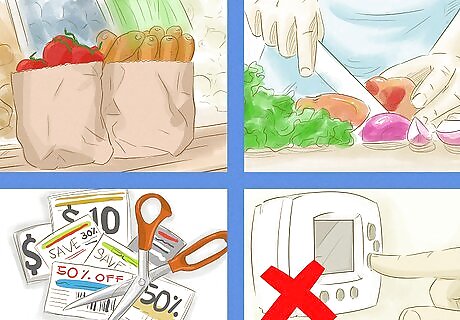
Trim your expenses. Look for ways to reduce your expenses every month so that you have more money to pay off your debt. Are you eating out too much? Save money by cooking your own food. Can you reduce your utility bill with a more efficient use of energy? For example, does the downstairs area really need to be air conditioned while everybody is sleeping upstairs at night? Are there electrical devices left on all the time that shouldn't be? Consider extreme couponing to save money on your groceries.
Seeing Professional Debt Relief Options
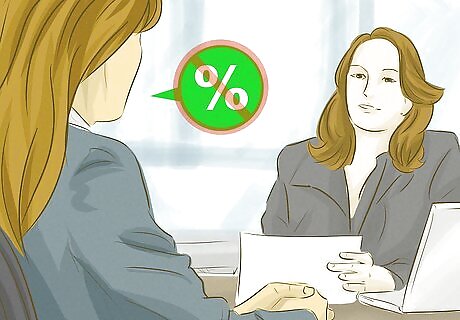
Talk to a non-profit credit counselor. Your counselor will work with you to develop a plan to eliminate all of your debt and will contact your creditors to get the interest rate on your loans reduced. You can find a non-profit credit counselor at the National Foundation for Credit Counseling website.
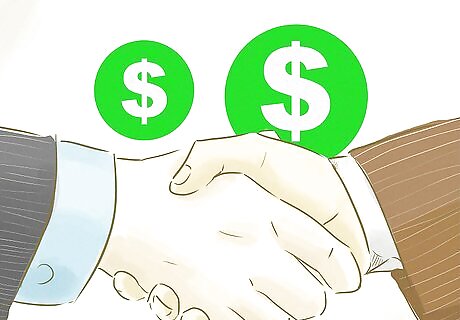
Consider a debt settlement. If your debt is totally out of control, your creditors might realize that some money is better than none. In that case, they might be willing to accept less than you owe rather than receiving nothing at all. In that case your debt to companies that accept your settlement will be eliminated entirely. For this option, you'll also need the assistance of a debt counselor. Be advised that this option will adversely affect your credit score. It will show up like a seriously delinquent payment or charged-off credit card debt.
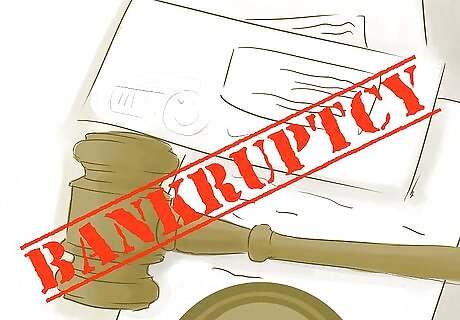
File for bankruptcy. One of the least attractive options to get out of debt is to file for bankruptcy because it severely impacts your reputation. However, you'll receive protection from your creditors and a judge might just make your debt go away entirely. Consult with a professional bankruptcy attorney about this option. Keep in mind that you'll have a black mark on your credit report for about 7 years if you go this route.



















Comments
0 comment